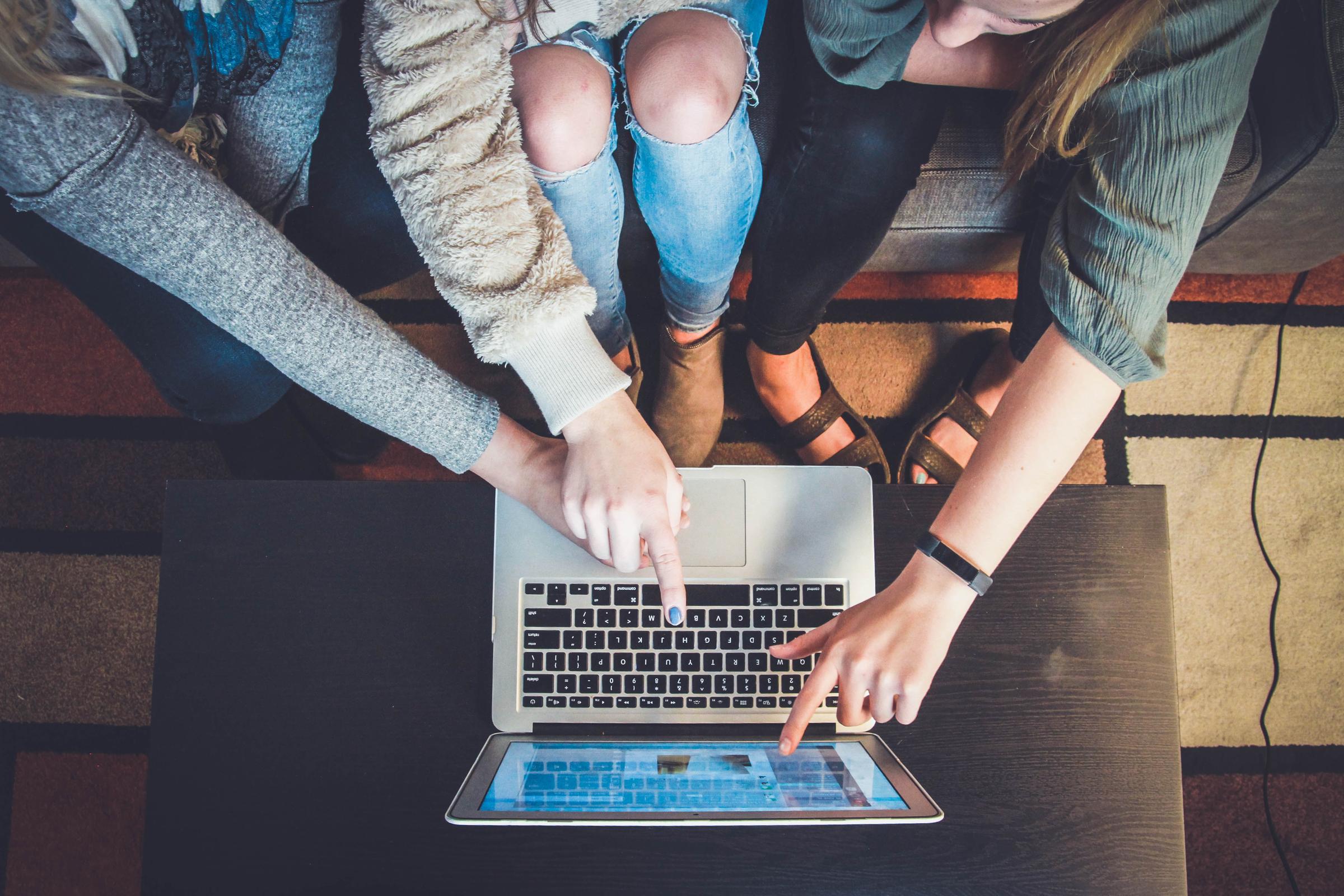Deputy Principal Teaching and Learning Report

Scholarships
Our Scholarships for 2025 are now open. For any students wishing to apply, please refer to the College webpage for details. Scholarship applications for 2025 will close on Friday 10 May 2024. The Edutest will take place on Saturday 25 May 2024, at the College. If you have any queries, please contact Angie Palmer. https://www.nazareth.vic.edu.au/enrolments/scholarships/
Studying
Students often say that they are not sure how to study. Below are some tips on how to tweak your study routine, based on an article found at https://www.sciencenewsforstudents.org/article/top-10-tips-study-smarter-not-longer-study-skills
1. Space out your studying
It’s a bad idea to cram all your studying into the day before. Instead, space out those study sessions.
Our memory can be compared to water in a bucket that has a small leak. Try to refill the bucket while it’s still full, and you can’t add much more water. Allow time between study sessions, and some of the material may drip out of your memory. But then you’ll be able to relearn it and learn more in your next study session. And you’ll remember it better, next time.
2. Practice, practice, practice!
Musicians practice their instruments. Athletes practice sports skills. The same should go for learning.
3. Don’t just reread books and notes
As a teen, Cynthia Nebel studied by reading her textbooks, worksheets and notebooks. “Over and over and over again,” recalls this psychologist at Vanderbilt University in Nashville, Tenn. Now, she adds, “we know that’s one of the most common bad study skills that students have.”
Too often, when students reread material, it’s superficial. According to the book, Make It Stick: The Science of Successful Learning, rereading is like looking at the answer to a puzzle, rather than doing it yourself. It looks like it makes sense. But until you try it yourself, you don’t really know if you understand it.
4. Test yourself
Retrieval practice can help nearly everyone. Suggestions are to create a deck of flash cards every time you learn new information. Put questions on one side and the answers on the other side. Friends can even quiz each other.
5. Mistakes are okay — as long as you learn from them
It’s crucial to test your memory. But it doesn’t really matter how many seconds you spend on each try. That finding comes from a 2016 study. But it’s important to go the next step. Check to see if you were right. Then focus on what you got wrong.
6. Mix it up
In many cases, it helps to mix up your self-testing. Don’t just focus on one thing. Drill yourself on different concepts. Psychologists call this interleaving.
Actually, your tests usually will have questions mixed up, too. More importantly, interleaving can help you learn better. If you practice one concept over and over your attention decreases because you know what’s coming up next. Mix up your practice, and you now space the concepts apart. You can also see how concepts differ, form trends or fit together in some other way.
7. Use pictures
Pay attention to diagrams and graphs in your class materials. Those pictures can really boost your memory of this material. And if there aren’t pictures, creating them can be really, really useful.
8. Find examples
Abstract concepts can be hard to understand. It tends to be far easier to form a mental image if you have a concrete example of something. For instance, sour foods usually taste that way because they contain an acid. On its own, that concept might be hard to remember. But if you think about a lemon or vinegar, it’s easier to understand and remember that acids and sour go together. And the examples might help you to identify other foods’ taste as being due to acids.
9. Dig deeper
It’s hard to remember a string of facts and figures if you don’t push further. Ask why things are a certain way. How did they come about? Why do they matter? Psychologists call this elaboration. It’s taking class material and asking a lot of how and why questions about it. In other words, don’t just accept facts at face value.
Elaboration helps you combine new information with other things you know. And it creates a bigger network in your brain of things that relate to one another. That larger network makes it easier to learn and remember things.
10. Make a plan — and stick to it
Many students know they should space out study periods, quiz themselves and practice other good skills. Yet many don’t actually do those things. Often, they fail to plan ahead.
Try to stick to a routine, too. Have a set time and place where you do schoolwork and studying. It may seem odd at first. Allow yourself short breaks. Set a timer for 25 minutes or so. Study during that time, with no distractions. When the timer goes off, take a five or 10 minute break. Exercise. Check your phone. Maybe drink some water — whatever. Afterward, set the timer again.
Ms Claire Nailon
Deputy Principal Teaching and Learning




